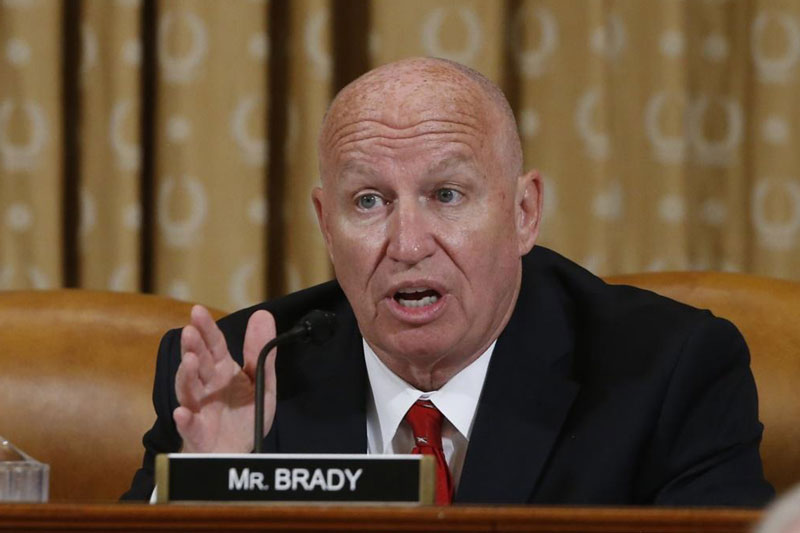Senator Orrin Hatch and Rep. Kevin Brady have introduced a new proposal to reform Obamacare while still providing funding for its cost-sharing reduction payments.
The proposal states that the cost sharing reduction payments, which lowers the amount that an individual needs to pay for the copays, deductibles and coinsurances, would continue the funding till 2019 and then include the pro-life protections. It also includes a clause that says that the insurers would have to meet up a certain requirement to continue receiving the payments to “avoid double dipping”.
The Hatch-Brady proposal would further waive the individual mandate, which forces the individuals to purchase the health care or pay a fine, until 2021. The employer mandate would also be waived off from 2015 to 2017, and they could be exempted from the penalties if they hadn’t yet provided coverage. The proposal would also try and expand the health savings accounts to lift the maximum contribution limits.
Hatch in his statement said that “As I have said all along, if Congress is going to appropriate funds for cost-sharing reductions, we must include meaningful structural reforms that provide Americans relief from Obamacare. This agreement addresses some of the most egregious aspects of Obamacare—delaying Obamacare’s individual and employer mandates so consumers and employers won’t be penalized for purchasing health care they don’t like and can’t afford and expanding tax-free Health Savings Accounts (HSAs) to allow Americans to save more of their hard-earned income for health costs.”
“It also provides much-needed certainty for the individual market in the near term as Congress continues to debate an alternative to the law,” added Hatch. “This proposal should be part of any discussion about what to do to provide Americans relief from Obamacare.”
Representative Brady emphasized that millions of families in his own home state of Texas are still trapped in the Obamacare plan and are looking for relief.
He said, “What we’re proposing not only helps treat some of Obamacare’s symptoms—rising premiums, fewer choices, and uncertainty and instability. It takes steps to cure Obamacare’s underlying illness through patient-centered reforms that deliver relief from federal mandates, protect life, and increase choices in health care.”
“It also empowers individuals and families to save and spend their health care dollars the way they want and need by expanding and enhancing a popular, tax-advantaged savings tool known as health savings accounts,” adding to his point Texas congressman said. “These are the types of real reforms that must be included as part of Congress acting to temporarily and legally appropriate funds for cost-sharing reduction payments.”
As per the Mercatus Center scholar Dr. Robert Graboyes, this particular plan resembles the July’s skinny repeal bill as it eliminates the mandates, and encourages HSA’s and includes the abortion-related provisions. “It appears to have dropped skinny repeal’s focus on state waivers and added a provision restoring the cost-sharing reduction payments eliminated recently by President Trump’s executive order.”
“Opponents will argue—correctly—that eliminating the mandates while leaving guaranteed issue and modified community rating in place has a destabilizing effect on the ACA marketplaces,” Graboyes said in a comment. “Proponents will argue—correctly—that ACA marketplaces are already unstable.”
“At any rate this bill, like its predecessors, is unlikely to substantially solve the problems inherent in the ACA or the problems that pre-dated the ACA,” Graboyes also added. “To solve the real shortcomings in American health care, Congress and the president will have to shift their focus away from insurance and toward the delivery system—the ways doctors and hospitals and others actually deliver care to patients.”
Furthermore, it is still unclear if President Donald Trump would support the proposal, since he has said that he would not support a bailout of the insurance companies. The two House committees have called the cost-sharing reduction payments ‘unconstitutional’ in the past as they said they were made without an appropriation from the Congress. The Trump administration had recently announced these payments would end.























